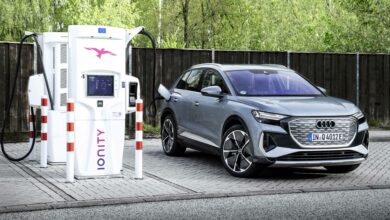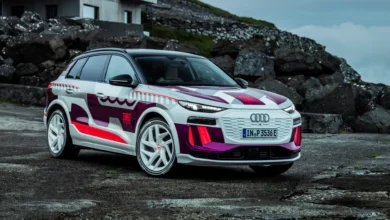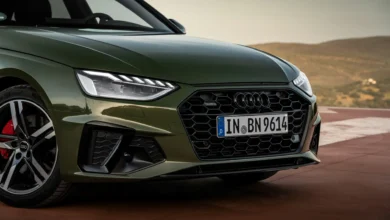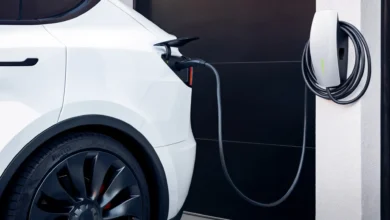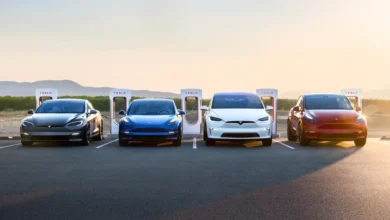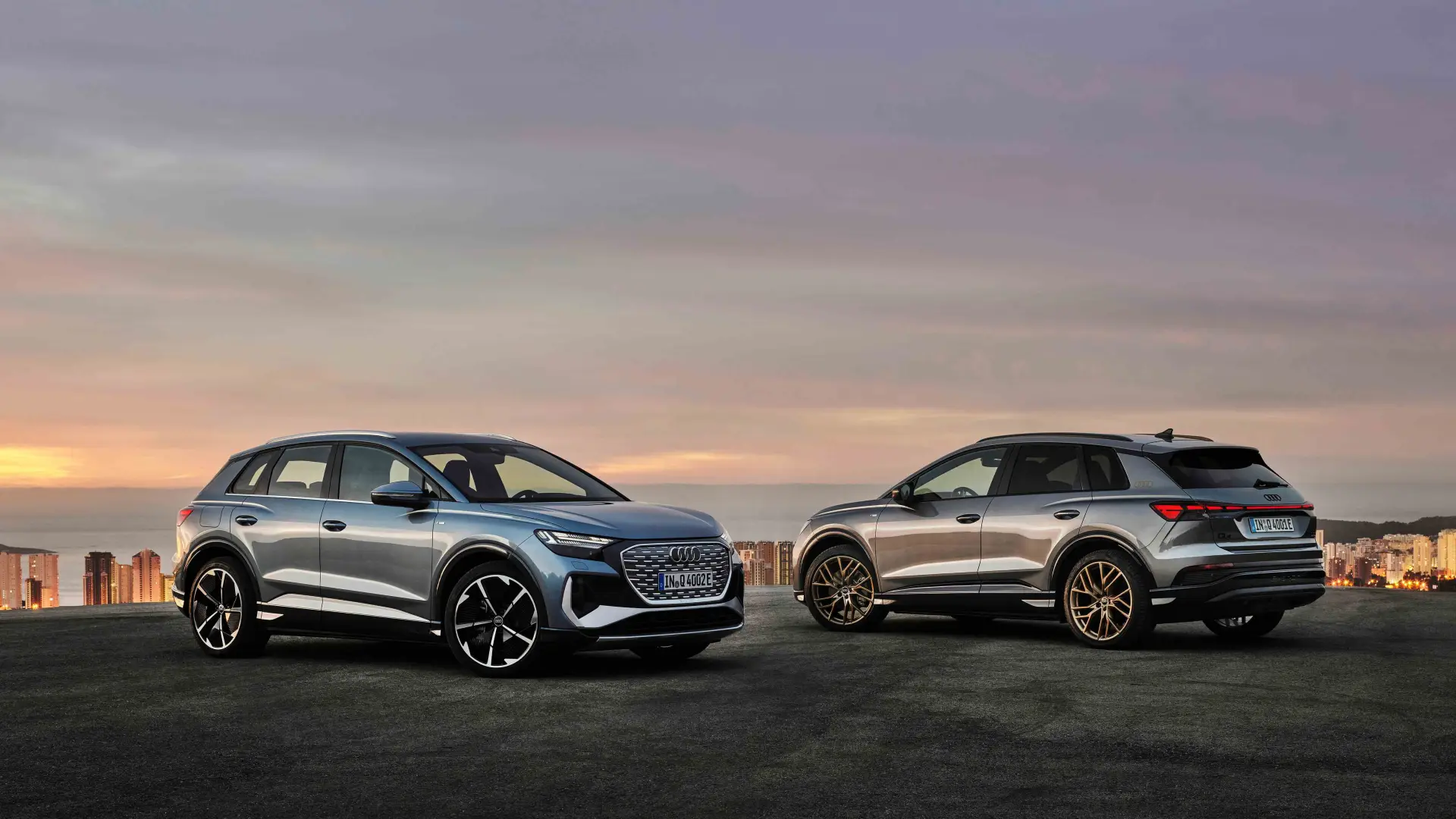
Within the orbit of the Volkswagen Group, Audi is the company furthest behind in the arrival of the electric car. With just a couple of units on the market, those from Ingolstadt have been preparing for the arrival of a new stage for years. Electrification will come quickly to Audi, although it will not do so until next year. Although in 2023 we will know their first true steps, it will not be until the following year when they land at dealerships. However, you have to look further to find out what the Germans are up to. This is the opinion of its CEO, Markus Duesmann, about the current and future situation of the industry.
The first and most obvious thing is that China is recognized as a very important market, both for Audi and for all brands in general. “China is getting on the sustainability bandwagon and our model offensive is the perfect response,” Duesmann himself has commented. They expect that in 2026, the Chinese premium market will sell more 100% electric units than thermal units. This situation is very contrary to that experienced by some territories of the European Union, such as Spain.
Despite acknowledging the enormous potential of Chinese rivals, Audi issues a warning: “We take our Chinese competitors very seriously. But we also have the perfect answer with ten new fully electric models, which we will launch on the market in the next two years.” As we have already said, Audi will step on the accelerator from next year and the Audi A6 e-tron with the PPE platform will be the first of that new line of electric vehicles from Ingolstadt whose Avant family body will be produced exclusively in China.
Audi has been preparing the ground for some time in the Far East. In the summer of last year, construction work began on the first electricity plant in China. A large infrastructure will be operational from the end of this year. Regarding Europe, Duesmann acknowledges that the situation is not ideal. He gives the United States and its already famous Inflation Reduction Act as an example. The CEO shows his desire for a Europe with the same political clarity as the American one, although he acknowledges that he has done well to set ambitious goals for electromobility as they generate the necessary pressure to develop new technologies.
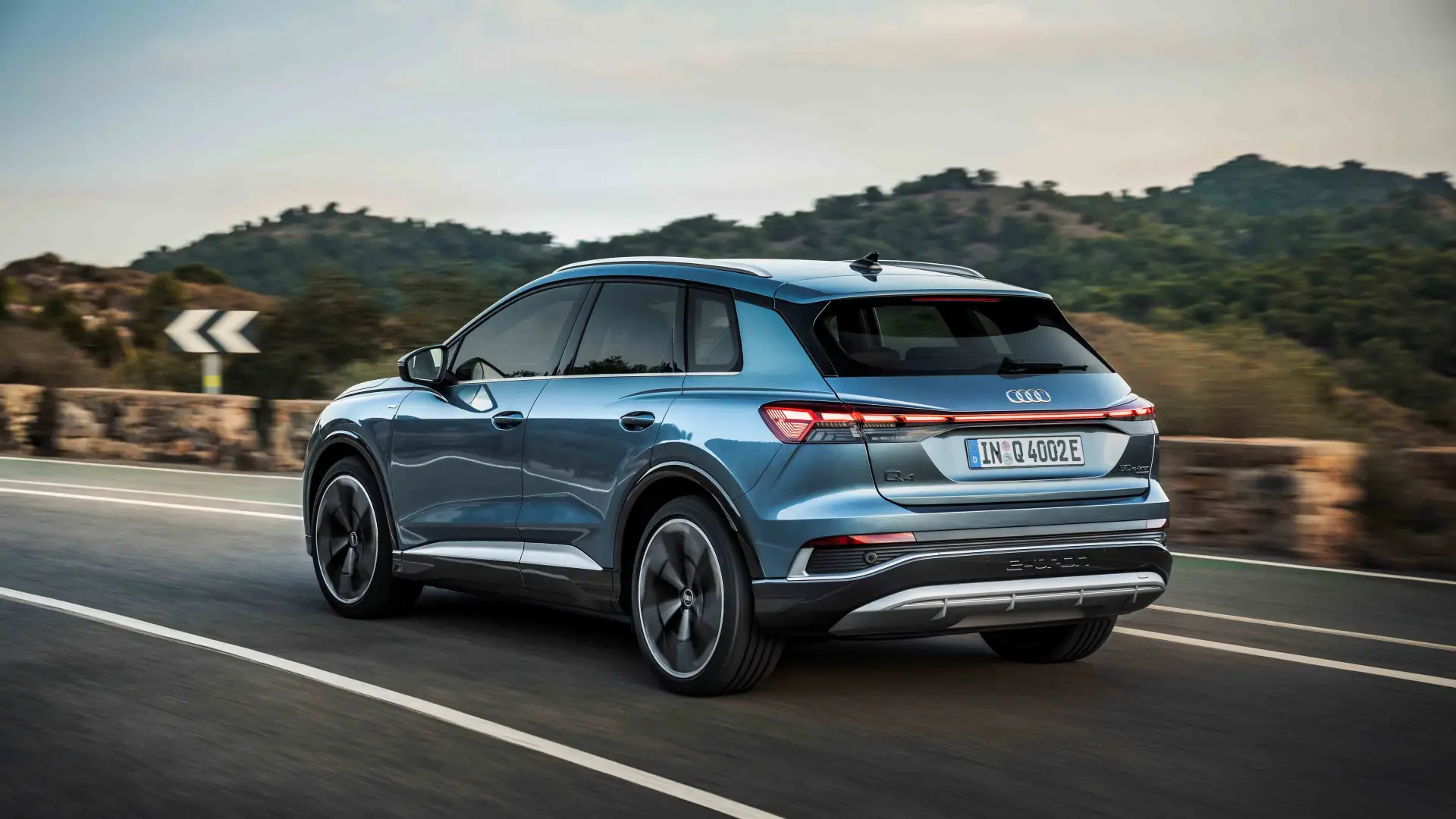
Regarding the ban on the sale of thermal vehicles from 2035, he does not seem to be very concerned about it. He predicts that before then they will have removed their combustion engines from the range. The estimated date is 2033, the same year as its Volkswagen partners. The decision has not been easy as it entails large investments in adapting lines, products, and supply chains. For this reason, Duesmann calls for the EU to be clear in its policies and not to complicate the situation with exceptions to the rule.
That’s where synthetic fuels come into play. The European Union has integrated them into its park decarbonization agenda, but Audi, believes that their role will have a very different focus. “Green fuels have an important role to play, especially in making the current fleet of internal combustion engine vehicles carbon neutral. These e-fuels are also the only decarbonization technology we know of for air and sea transport.” Audi, together with Porsche, are investing heavily in the development of alternative fuels as they have already demonstrated with their plant in Chile.
